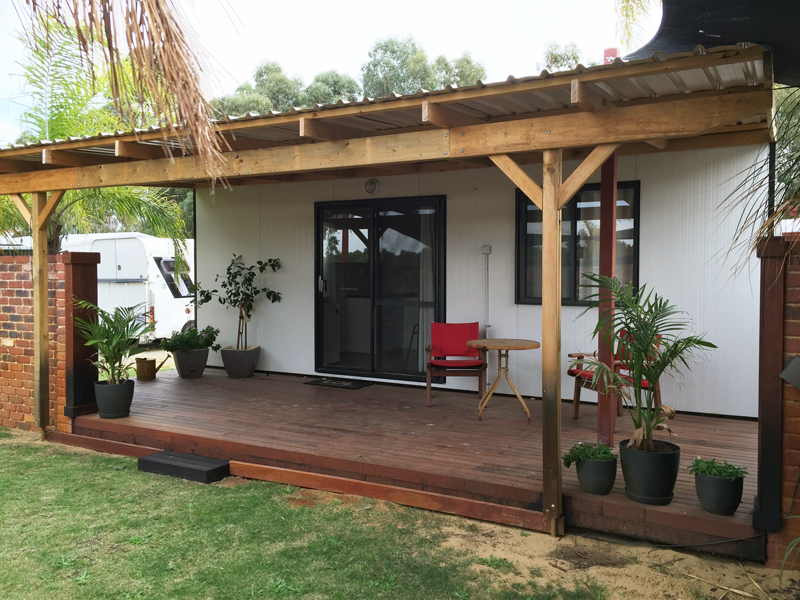Granny Flat Applications Explode
The Number Has Tripled Since May

The number of city residents applying to build granny flats — known officially as “accessory dwelling units,” or more colloquially as “ADUs” — has tripled since May. Chief city planner Renee Brooke reported that 122 ADU applications had been submitted since the first of the year. That’s when the new state law took effect that shielded granny flats from most of the local review and restriction controls that had impeded their development. That number does not include the 20 applications submitted to the county’s Planning and Development department.
To date, Brooke stated, eight of the city applications have actually been built. Most of the applications involved garage conversions, but under new state law, homeowners are to be permitted to build ancillary housing units so long as they’re not bigger than 1,200 square feet — enough for two bedrooms with kitchen and bath — and that applicants reside on the property. The applications are adding to the processing pressure on city planning staff, who are scrambling to figure out how to differentiate between larger and smaller units and what building amenities should be required accordingly.
City Hall just hired a private consultant to expedite the creation of an AUD ordinance. At the time state law changed, the City of Santa Barbara had no ordinance and estimated it would take three to five years to craft one. The city also opposed the granny flats bill, stating it robbed local governments of local control. Even so, the bill was supported by Santa Barbara’s two representatives in the Sacramento statehouse, State Senator Hannah-Beth Jackson and then-assemblymember Das Williams. (Williams was since elected 1st District county supervisor.) It’s likely that any new ordinance the city might try to enact would ban or restrict such development in high-fire-risk neighborhoods.
The showdown over granny flats is a comparatively minor detail in the escalating battle over the state’s painfully limited housing supply, now achieving newfound urgency in Sacramento. With housing prices soaring, local controls are increasingly under attack. One bill, introduced by Democrat Scott Wiener from San Francisco, would significantly reduce the amount of discretionary review local governments now have over proposed multi-family housing developments. Speaking of the bill, Assembly Bill 35, Santa Barbara Mayor Helene Schneider was quoted in the New York Times, objecting: “It’s giving developers a great gift and not giving residents or voters a chance to cast their opinions about what happens in their own neighborhood.”



